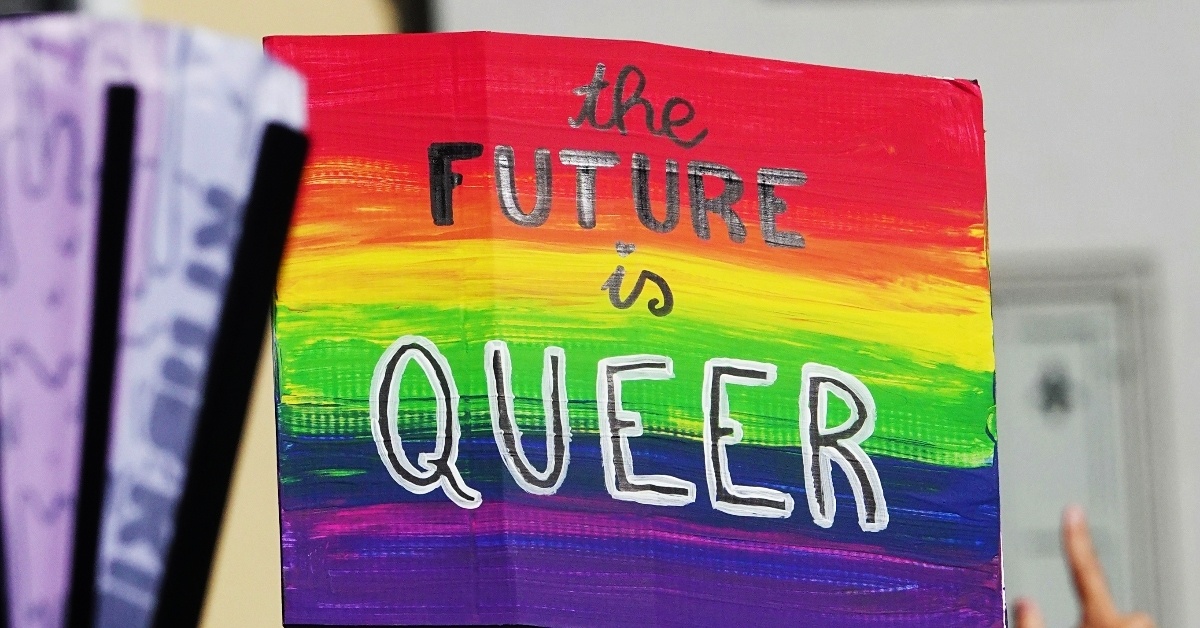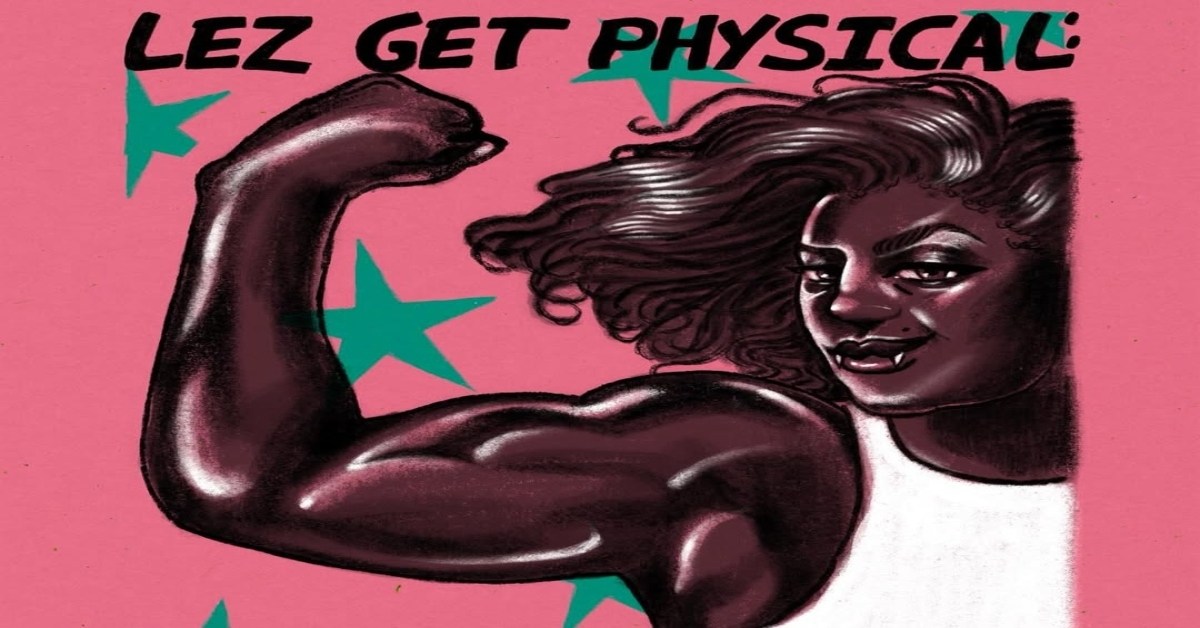BY: DM
Published 2 months ago

An Ohio federal judge dismissed a lawsuit this week after the state’s Bureau of Motor Vehicles conceded it had wrongly rejected vanity-plate requests that read “GAY” and “MUSLIM,” according to NBC4i. The move lets drivers who want to wear their identity on their bumpers do exactly that — and it exposes how messy the rules around personalized plates have been across the country.
The quarrel over a license plate comes amid political pressure on LGBTQIA+ people in Ohio. Reuters reports that the state has passed and debated bills affecting transgender students’ access to bathrooms and gender-affirming care. Legislators have also considered measures targeting drag and trans youth.
Still, the recent license plate decision offers a small sign of hope. LGBTQIA+ Ohioans can now express themselves publicly without state interference.
An Ohio court has sided with the gays.

William Saki, one of the plaintiffs, told reporters he applied for a plate reading “GAY” ahead of National Coming Out Day to “express a central part of his identity.” The BMV rejected the request as “inappropriate/invalid.” The agency had also refused Saki’s applications for “QUEER,” “HOMO,” and “LESBIAN,” even while listing anti-LGBTQIA+ plates such as “NO GAYS” and “NO HOMOS” as available, according to court filings obtained by the Buckeye Flame.
At a Zoom hearing, BMV representatives conceded that the agency had erred in rejecting the vanity plates. U.S. District Judge Dan Aaron Polster dismissed the case after the state agreed to make changes. As part of the resolution, the BMV said it would retroactively review and “unlock” roughly 62,000 blocked words in its database, as long as the terms were not truly offensive or disparaging. The agency also promised to provide clearer appeal guidance for rejected applicants.
“Judge Polster saw right through the BMV’s attempts to silence drivers it doesn’t agree with and ordered them to get back in line with the First Amendment,” Brian D. Bardwell, Saki’s attorney, told the Buckeye Flame. “We’re incredibly grateful that he was able to reach a quick decision reaffirming Mr. Saki’s inalienable right to tell the truth about who he is, even when the governor doesn’t approve. We’re excited to see the BMV pull its act together, and we’ll be watching to make sure it doesn’t stray from the judge’s orders.”
Will other states follow Ohio?

Courts have split over whether vanity plates count as private speech protected by the First Amendment or as government speech that the state can control. According to AP News, federal judges in California and Delaware have struck down state bans on “offensive” or viewpoint-based rejections of vanity plates, calling the DMV rules unconstitutional.
In 2024, the Tennessee Supreme Court ruled that personalized plates are government speech and therefore not protected by the First Amendment. The Gilliam v. Gerregano case is now headed to the U.S. Supreme Court on appeal. This split means challengers in other states could cite the Ohio ruling, but it won’t automatically create uniform change unless higher courts intervene.
Should states have the power to reject license plates based on content, or should First Amendment protections always apply?










